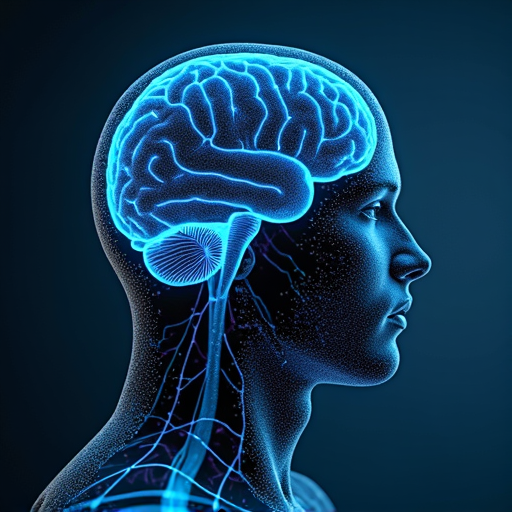
The Ethics of Brain Data: Should Neural Activity Be Private?
Neurotechnology has advanced rapidly, enabling the collection of real-time brain data through devices like brain-computer interfaces (BCIs) and neuroimaging tools. While these innovations promise breakthroughs in medicine and human augmentation, they also raise profound ethical questions: Should neural activity be considered private data? What happens when thoughts become data?
The Rise of Neurotechnology
Neurotechnology encompasses methods and devices that interface with the nervous system to monitor or modulate neural activity. Examples include deep brain stimulation, transcranial magnetic stimulation, and BCIs like cochlear implants. These tools are used for therapeutic purposes, such as treating neurological disorders, and for research, offering insights into brain function.
Ethical Dilemmas
The ability to decode brain activity introduces ethical concerns:
- Privacy: Brain data could reveal intimate thoughts, emotions, and intentions. Without safeguards, this information could be exploited by corporations or governments.
- Consent: Can individuals fully consent to sharing brain data when the implications are not yet fully understood?
- Security: Brain data breaches could lead to unprecedented forms of identity theft or manipulation.
Regulatory Gaps
Current laws lag behind technological advancements. While some countries have data protection laws, none specifically address brain data. Experts advocate for new regulations to ensure ethical use and prevent misuse.
The Future
As neurotechnology evolves, society must balance innovation with ethical responsibility. Transparent policies, public discourse, and interdisciplinary collaboration will be key to navigating this uncharted territory.
